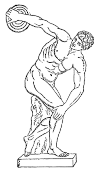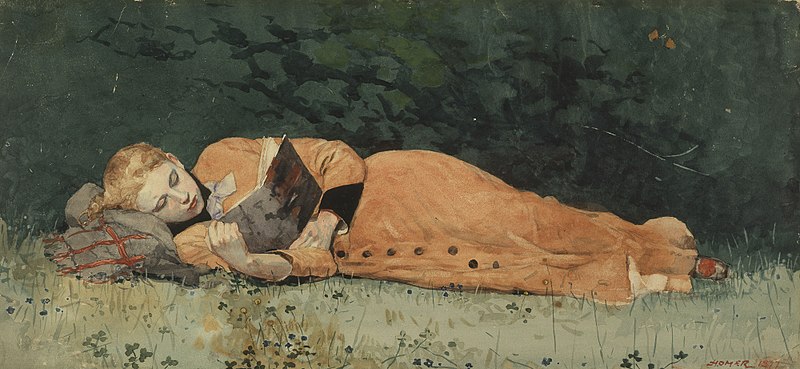This remarkable phenomenon was discovered by Cambridge mathematician James Grime. Number five six-sided dice as follows:
A: 2, 2, 2, 7, 7, 7
B: 1, 1, 6, 6, 6, 6
C: 0, 5, 5, 5, 5, 5
D: 4, 4, 4, 4, 4, 9
E: 3, 3, 3, 3, 8, 8
Now, on average:
A beats B beats C beats D beats E beats A
and
A beats C beats E beats B beats D beats A.
Interestingly, though, if each die is rolled twice rather than once, then the first of the two chains above remains unchanged except that D now beats C — and the second chain is reversed:
A beats D beats B beats E beats C beats A.
As a result, if each of two opponents chooses one of the five dice, a third opponent can always find a remaining die that beats them both (so long as he’s allowed to choose whether the dice will be rolled once or twice).
(Ward Heilman and Nicholas Pasciuto, “What Nontransitive Dice Exist Among Us?,” Math Horizons 24:4 [April 2017], 14-17.)






